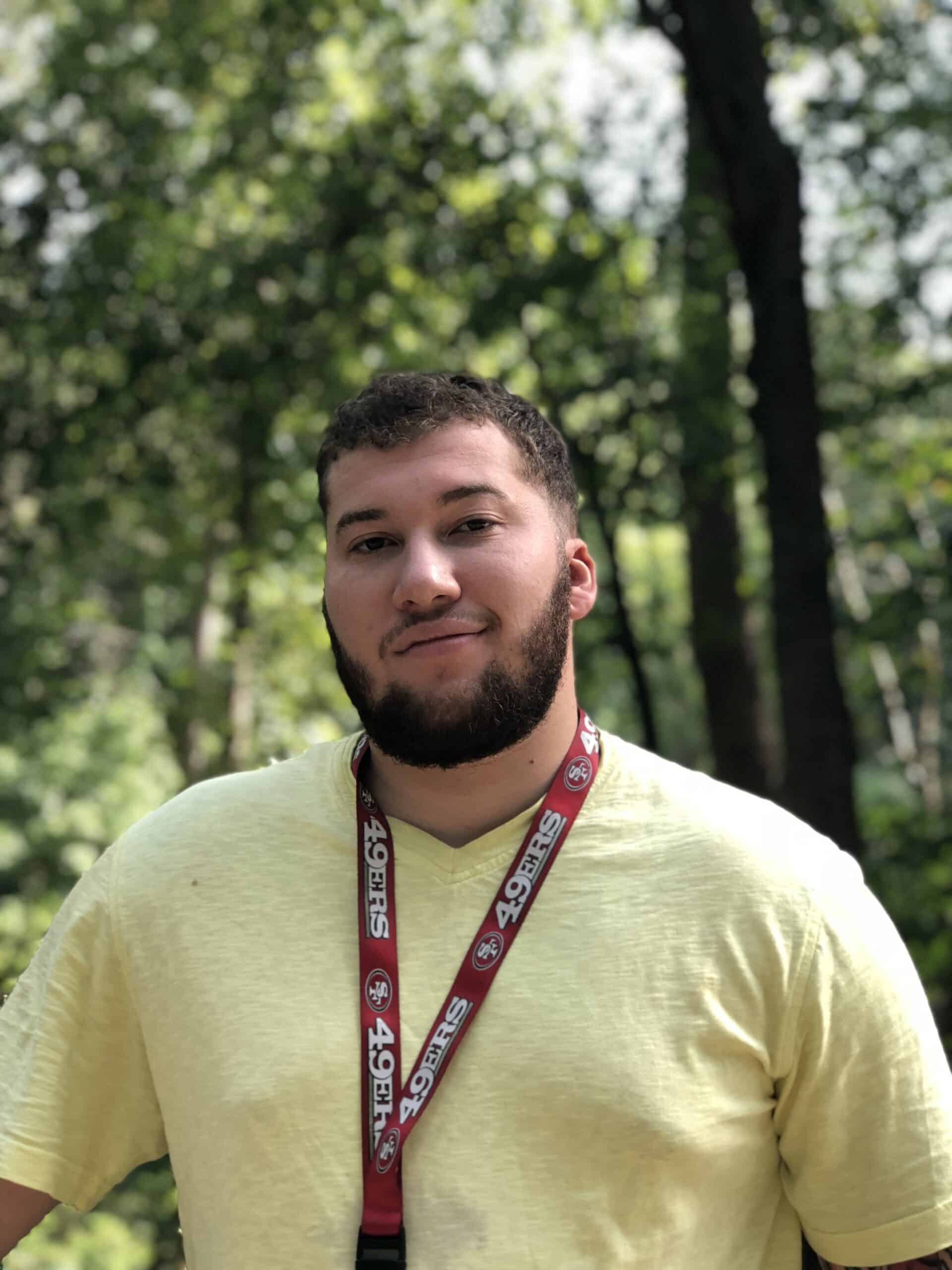
Ethan Borrasso is a student at Harvard Law School and a member of the Labor and Employment Lab.
On August 23rd, the U.S. Food and Drug Administration approved the first COVID-19 vaccine. Shortly thereafter, President Biden called on private companies to mandate vaccinations. He has since ordered all companies with more than 100 workers to require vaccination or weekly testing. A survey conducted before President Biden’s latest announcement, including over 1,000 employers, found that 52% plan to institute some type of vaccine mandate requirement by the end of the year. Corporate giants such as McDonald’s and Goldman Sachs are among the companies that indicated an intention to issue a mandate. The latter has since followed through by requiring the vaccine for staff and visitors entering the office. But, as more private employers require vaccination, increasing religious accommodation requests and litigation have followed, with thousands of state workers already citing religious objections to avoid the new mandate.
Through the latter half of the last century, courts and legislatures have been reluctant to deny religious exemptions to vaccine mandates. However, with the continued rise of the anti-vax movement, some states have tried to limit, in the name of public safety, the availability of certain exemptions. Since the outbreak of COVID-19 in early 2020 and the subsequent development of a vaccine, private employers have thus found themselves responsible for deciding who must comply with the vaccine mandate and who can receive an accommodation. Employers have been tasked with balancing the legal rights of individuals with the health and safety of the workplace and the public. Some have prioritized safety by instituting strict policies. In contrast, others have issued minimal or no vaccine mandates.
History of Religious Accommodations for Vaccines
Title VII of the Civil Rights Act of 1964 prohibits employers from discriminating based on religion and other protected categories. Courts have interpreted the Act to require employers to provide reasonable accommodations to employees who object to vaccine mandates based on their sincerely held religious beliefs. Generally, employers and courts have been hesitant to challenge religiously based vaccine objections. For example, a federal court in Ohio ruled in 2012 that veganism could be a religious practice, thus allowing an employee to be exempt from a hospital-mandated flu shot. However, some state legislatures have adjusted their laws and made approval of religious exemptions more challenging. New York, for instance, did away with its religious exemption for the measles vaccine after a 2018 outbreak in Rockland County.
Recent Developments on COVID-19 Vaccine Mandates
Requests for religious exemptions from vaccines are not a new phenomenon, but it wasn’t until recently that such requests have captured public attention. As more organizations institute vaccine mandates, more people seek religious accommodations by claiming that the vaccine violates a sincerely held religious belief. The practice is becoming so common that some religious organizations have offered parishioners templates to download and suggestions on how to get the accommodation approved. The tension between employers who have mandated the vaccine and employees seeking accommodations has already begun to make its way through the courts. In August, for example, a federal district court dismissed a lawsuit against the University of Massachusetts over the school’s denial of a student’s religious exemption request. The University administration had concluded that a COVID-19 vaccine would not violate the tenets of the student’s Catholic faith, despite her claim.
For its part, the Equal Employment Opportunity Commission has established that employers can require their employees to receive the COVID-19 vaccine. As more people return to work, the EEOC again clarified that an employer could legally require all employees physically entering the workplace to be vaccinated for COVID-19. However, they must adhere to the reasonable accommodation provisions of Title VII. Thus, employees who do not get vaccinated due to a sincerely held religious belief may be entitled to reasonable accommodation.
Reasonable accommodations come in many forms. The EEOC lists many examples on their website, including requiring the employee to wear a mask while at work, mandating COVID-19 testing at regular intervals, requiring the objector to work from a social distance from other employees or customers, or reassigning the employee to another available position. Some companies have gone beyond specific EEOC guidance by placing the objector on unpaid leave. Employers must usually provide an accommodation, but they are not required to provide the specific accommodation requested by the employee. After evaluating all options, employers can offer sufficient alternative accommodations, such as those mentioned above.
Public Health Concerns Should Overrule Individual Religious Objections
Title VII demands that employers respect the sincerely held religious beliefs of employees who request a religious accommodation. Employers can, however, deny these requests if they pose an undue hardship on their business. Courts have historically defined “undue hardship” as having more than minimal cost or burden on the employer. The EEOC explicitly considers certain factors relevant to the undue hardship analysis in the vaccine context. These can include the accommodation cost to the employer, the proportion of workplace employees who are vaccinated, and, most importantly, workplace safety.
Employers can, and should, be firm in their stance that unvaccinated employees represent a workplace safety issue, and the safety risk from most accommodations would cause an undue hardship on their business. Putting the objector on leave, whether paid or unpaid, reasonably accommodates the employee’s request while protecting the overall welfare of the workplace. Before COVID-19, requests for religious accommodations were usually taken at face value. The accommodation request presumably hinged on monetary costs alone. Employers did not generally question their employees’ convictions, and it was much easier to work with employees on their requests. Those times have changed. While the Delta variant continues to spread across the country, every unvaccinated person is a potential threat to those around them. Therefore, allowing unvaccinated employees to enter the workplace can equate to an undue hardship. Employers today must balance more than simply operational costs. They must also make crucial decisions regarding public health and safety.
United Airlines provides one possible road map to help stop the spread of COVID-19. The company announced that its 67,000 employees would need to comply with a vaccine requirement by September 27th. Approximately 2,000 employees requested accommodations on religious or medical grounds. The airline’s accommodation for the approved requests took the form of unpaid leave. All other employees who did not meet the deadline for vaccination are currently facing termination.
Other companies are taking an approach that may not lead to employee pushback but will likely do less to protect public health. In August, for example, Walgreens announced that face coverings would once again be mandatory for all employees. Additionally, their U.S. support staff will be required to be fully vaccinated or enroll in a COVID-19 testing program by September 30th. However, this mandate did not extend to store, distribution center, or non-U.S. support office team members. And then there’s Amazon, with its well-publicized refusal to issue any vaccine mandate and its strange incentive program designed to encourage workers to get vaccinated by choice.
With cases still rising and the number of vaccinated Americans stagnating, employers occupy a vital role in the struggle against the virus. Now, more than ever, we need stricter vaccine mandate policies supported by a broad implementation of the EEOC’s undue burden test.
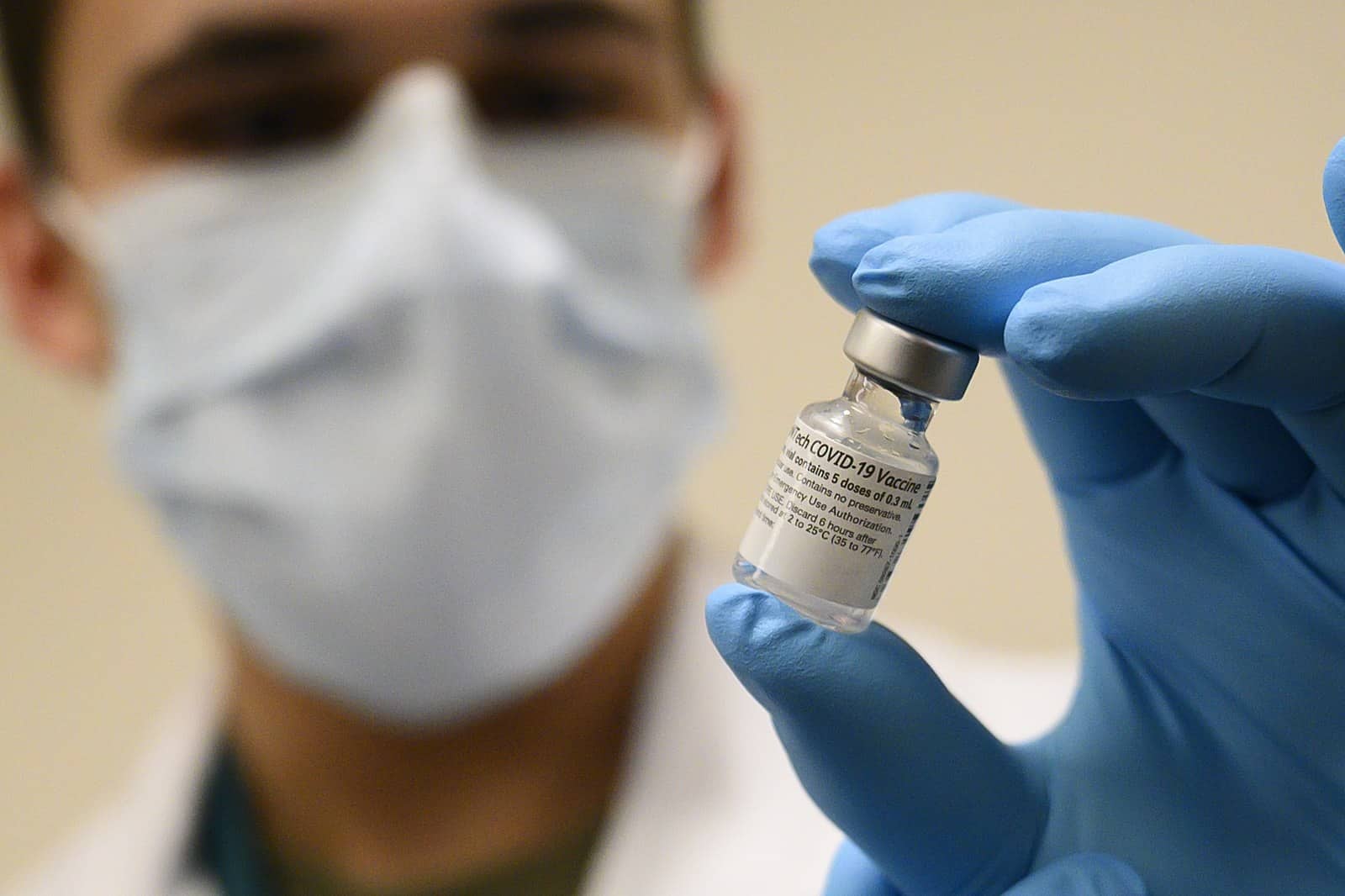
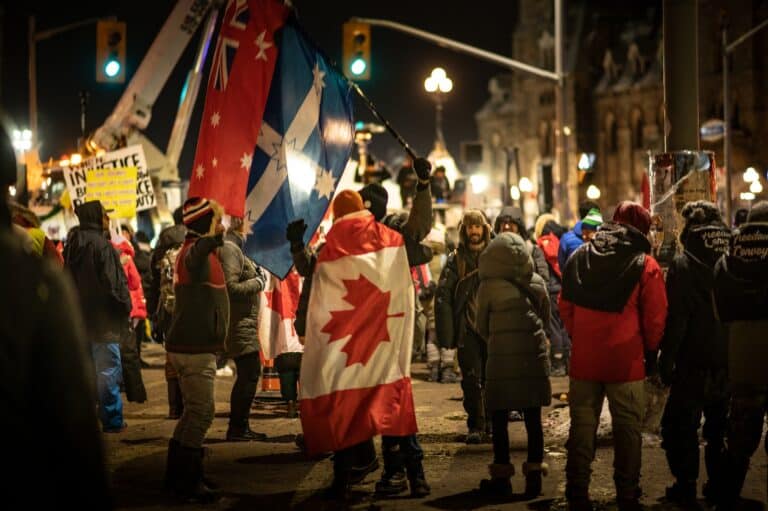

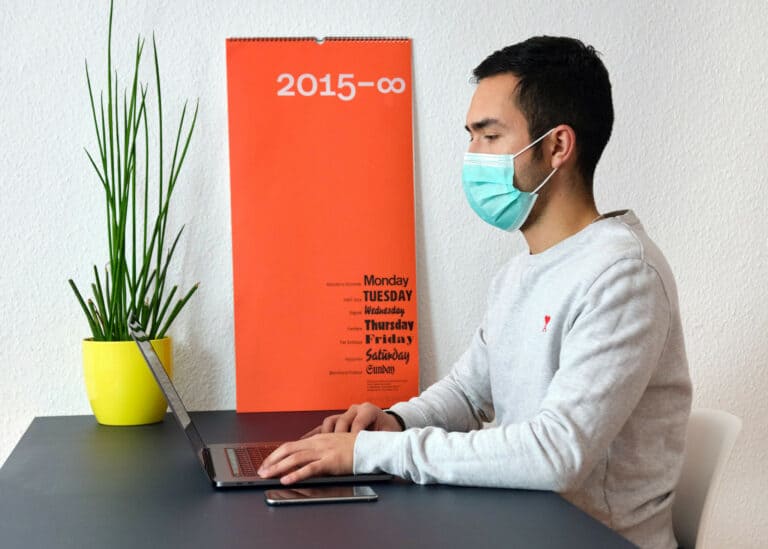
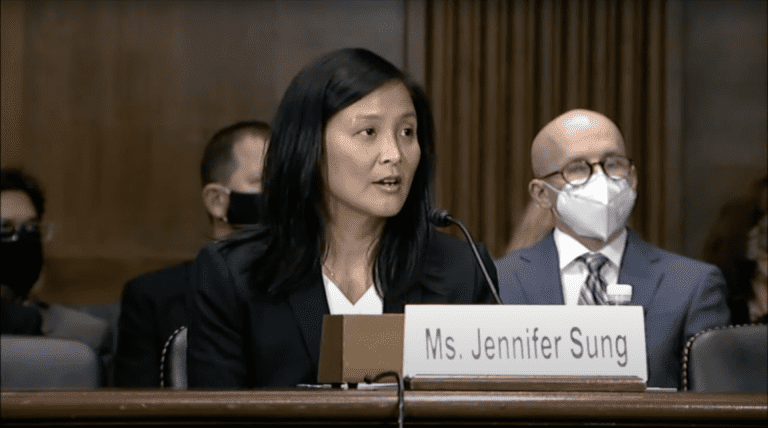





Daily News & Commentary
Start your day with our roundup of the latest labor developments. See all
June 29
In today’s news and commentary, Trump v. CASA restricts nationwide injunctions, a preliminary injunction continues to stop DOL from shutting down Job Corps, and the minimum wage is set to rise in multiple cities and states. On Friday, the Supreme Court held in Trump v. CASA that universal injunctions “likely exceed the equitable authority that […]
June 27
Labor's role in Zohran Mamdani's victory; DHS funding amendment aims to expand guest worker programs; COSELL submission deadline rapidly approaching
June 26
A district judge issues a preliminary injunction blocking agencies from implementing Trump’s executive order eliminating collective bargaining for federal workers; workers organize for the reinstatement of two doctors who were put on administrative leave after union activity; and Lamont vetoes unemployment benefits for striking workers.
June 25
Some circuits show less deference to NLRB; 3d Cir. affirms return to broader concerted activity definition; changes to federal workforce excluded from One Big Beautiful Bill.
June 24
In today’s news and commentary, the DOL proposes new wage and hour rules, Ford warns of EV battery manufacturing trouble, and California reaches an agreement to delay an in-person work mandate for state employees. The Trump Administration’s Department of Labor has advanced a series of proposals to update federal wage and hour rules. First, the […]
June 23
Supreme Court interprets ADA; Department of Labor effectively kills Biden-era regulation; NYC announces new wages for rideshare drivers.